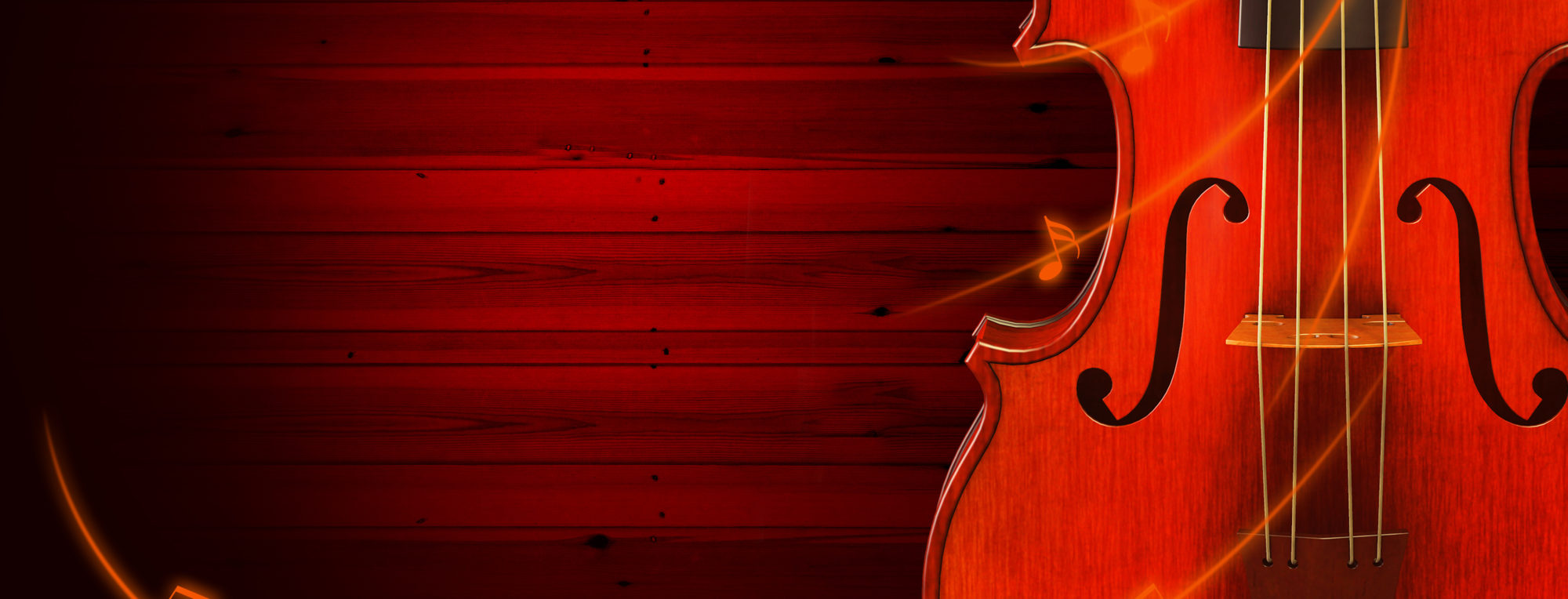If you didn’t hear the news already, MP3 developers Fraunhofer Institute for Integrated Circuits recently announced the end of days for the licensing of this popular audio format.
MP3 is now a format of days gone by. So what alternative codecs are out there if we want to continue encoding our music in a digital age?
Lossy Formats
MP3 is a lossy format, meaning that to achieve the small file sizes that we have become accustomed to, an MP3 encoder will literally throw away data that was present in the original audio file.
The good news is that many of the newer compression algorithms are much more efficient than MP3 was and effectively means that the alternatives will typically produce equal or smaller file sizes at an equal or greater quality than MP3 ever could.
For this line-up, I’m sticking with lossy codecs since we are looking at alternatives to MP3 and lossless codecs would not really provide an apples-for-apples comparison. But if you are looking for better quality audio and have no concerns over file size, you’ll probably want to be looking at lossless formats instead.
MP3 Alternatives
Advanced Audio Encoding (AAC)
AAC is the preferred format of Apple and is used by iTunes and iPod products. File sizes can actually be smaller than MP3 due to its more efficient encoding technology. For example, a 96 kbps AAC file would sound similar in quality to a 128 kbps MP3 file.
AAC also provides more encoding options than MP3 with sampling possibilities ranging from 8 to 96 kHz and up to 48 channels of audio.
Ogg Vorbis
Ogg Vorbis is an open-source project headed by the Xiph.Org Foundation. Being open-source means that the format is completely free to use.
The Vorbis codec focuses on quality based encoding which means the bitrate is automatically adjusted to ensure constant quality.
Vorbis is also known to perform significantly better than many other lossy audio formats in blind listening tests and will typically produce smaller files at equivalent or higher quality.
Ogg Opus
Opus was initially developed with VoIP in mind. And like Vorbis, Opus is another codec that is developed by the Xiph.Org Foundation.
Despite its humble mission, the format seems to be holding its own in the quality wars where in a 2014 listening test it was declared the clear winner over AAC, Ogg Vorbis, and MP3 in a 96 kbps comparison test of various music genres.
Like Vorbis, Opus is another open and free format.
Windows Media Audio (WMA)
The WMA format is Microsoft’s entry and comes in various flavors. Both WMA and WMA Professional are lossy formats with the Professional version being the more capable of the two.
Though playback is possible in a number of players, it generally remains a favorite of Windows users using the Windows Media Player.
Technical Comparison
The following table highlights some differences in the capabilities of each format.
| Format | Max. No. Channels | Max. Sample Rate | File Extension |
|---|---|---|---|
| MP3 | 2 or 5.1 | 96 kHz | .mp3 |
| AAC | Up to 48 | 96 kHz | .m4a, .m4b, .m4p, .m4v, .m4r, .3gp, .mp4, .aac |
| Vorbis | Up to 255 | 192 kHz | .ogg, .oga |
| Opus | Up to 255 | 48 kHz | .opus, .ogg, .webm, .mka |
| WMA Professional | Up to 8 (7.1) | 96 kHz | .wma |
Summary
Despite the apparent death of MP3, due to its popularity and long established market dominance, it’s a format that’s likely to be around for quite some time yet.
But there are alternatives and all have something more to offer when it comes to flexibility and quality in the music encoding world. Though it still remains to be seen exactly who will pick up where MP3 has left off.
Have you dropped your MP3 collection yet? Who’s your money on in these uncertain times? Let us know in the comments below.

